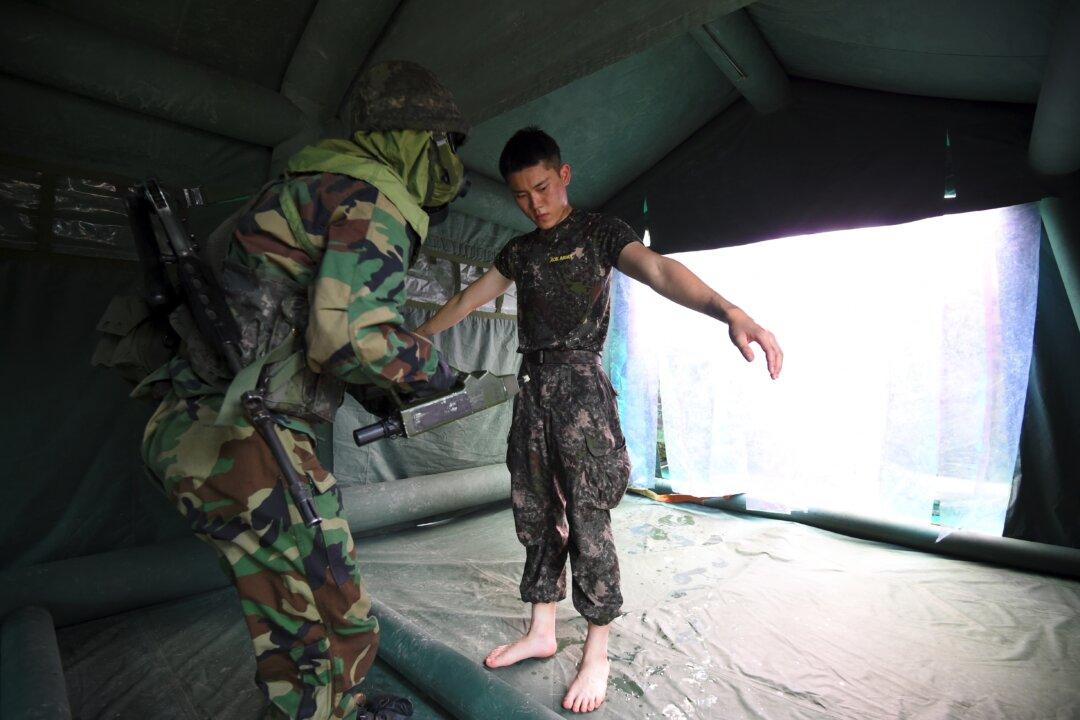SEOUL—Hong Ki-soo, a 34-year-old Seoul resident, doesn’t have fond memories of his mandatory military service.
“It was really an awful time. I didn’t need it,” he said.

SEOUL—Hong Ki-soo, a 34-year-old Seoul resident, doesn’t have fond memories of his mandatory military service.
“It was really an awful time. I didn’t need it,” he said.